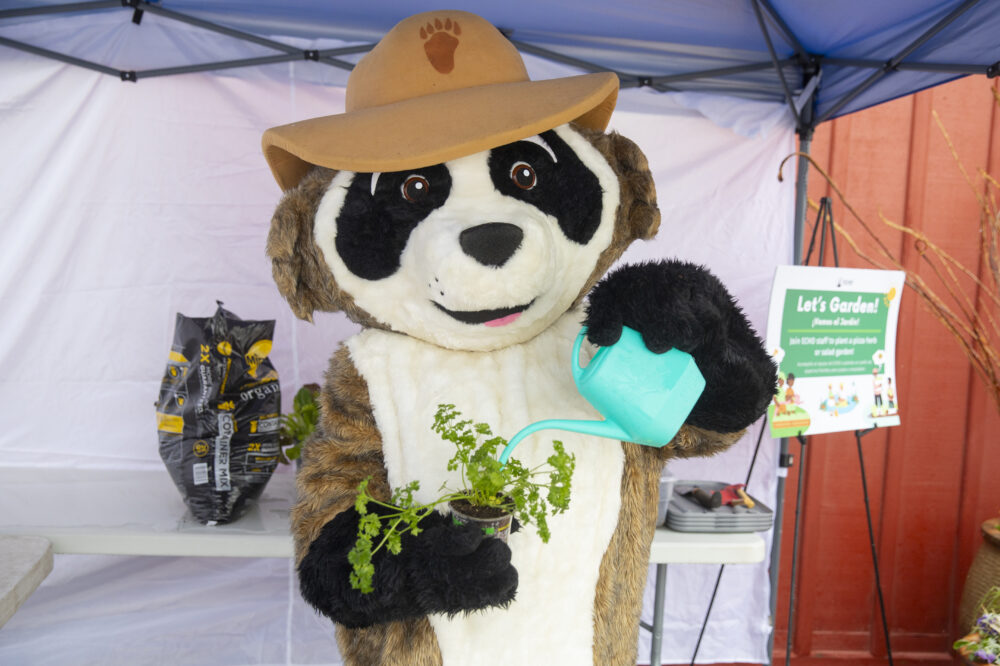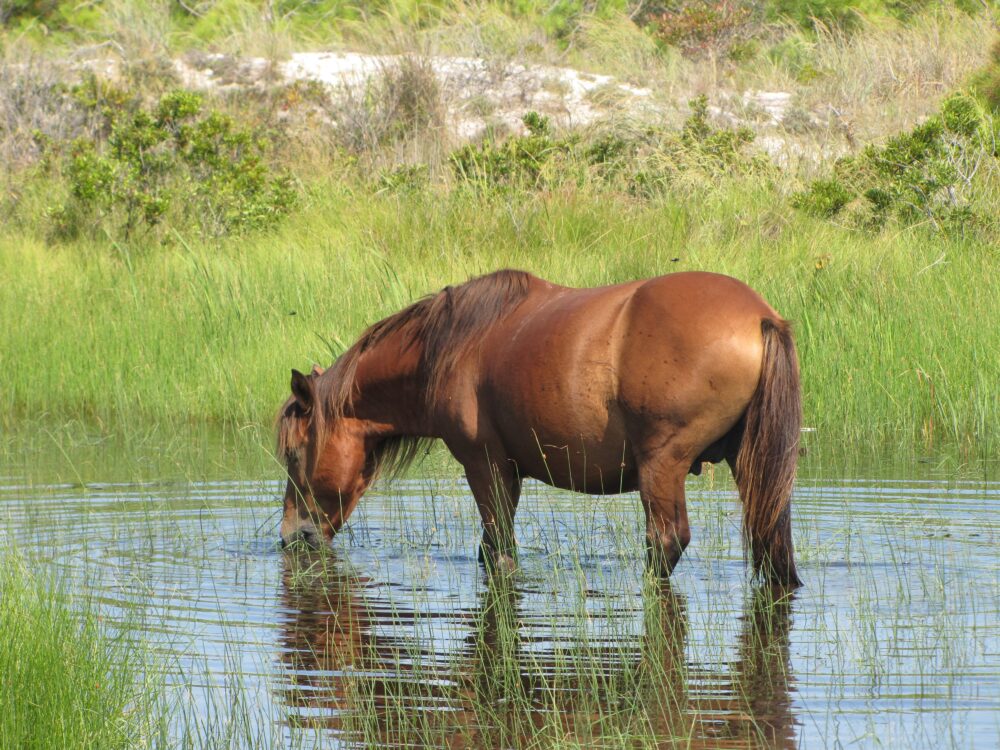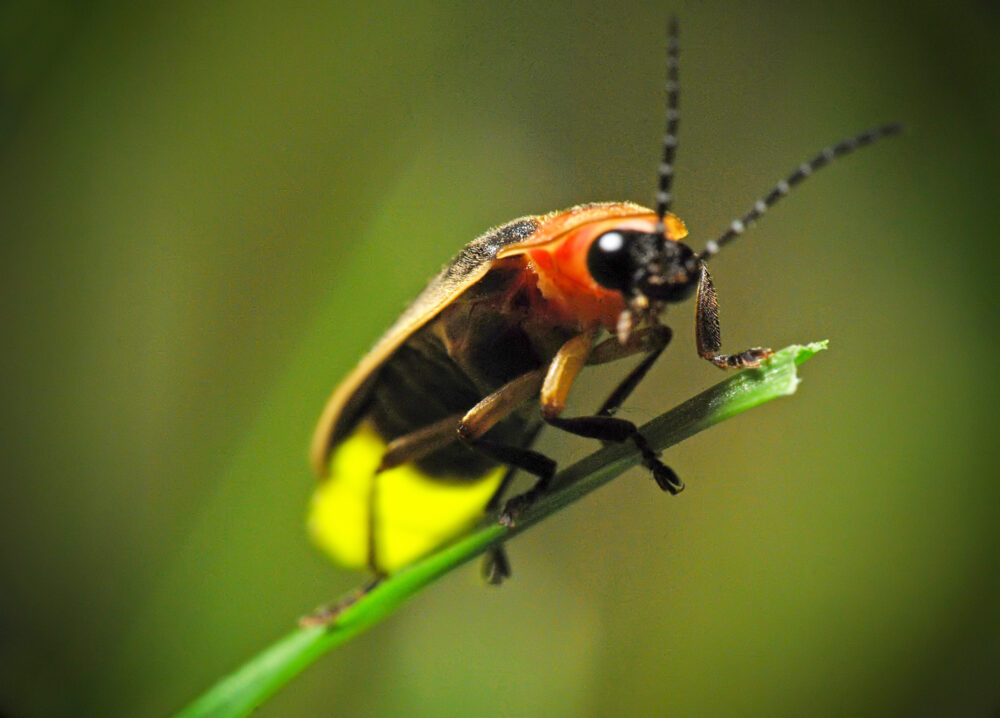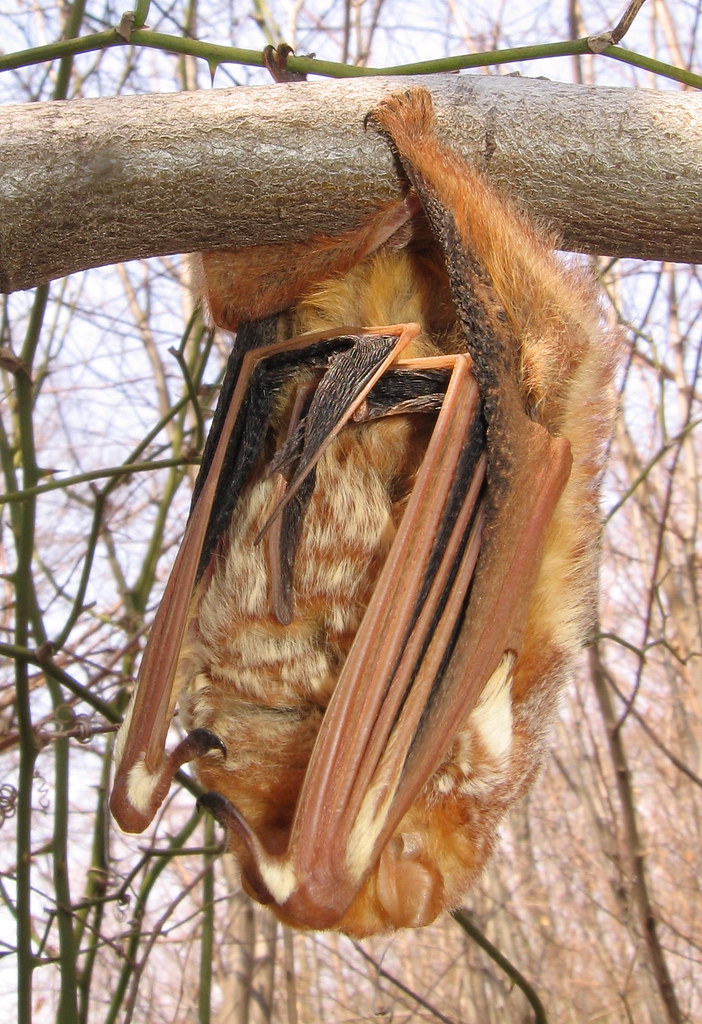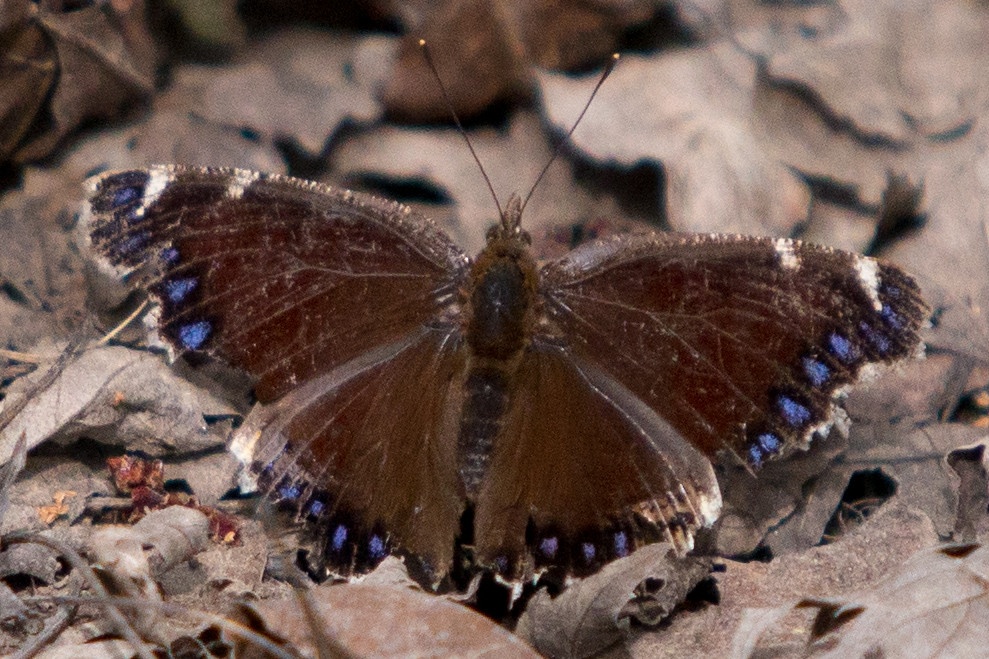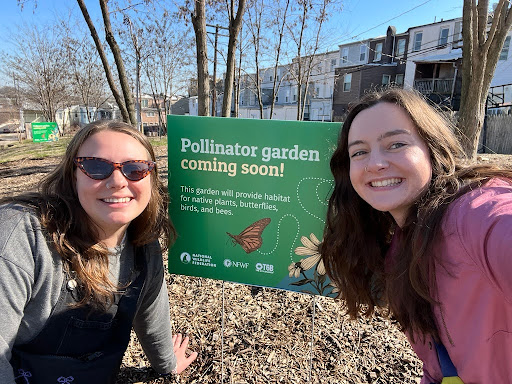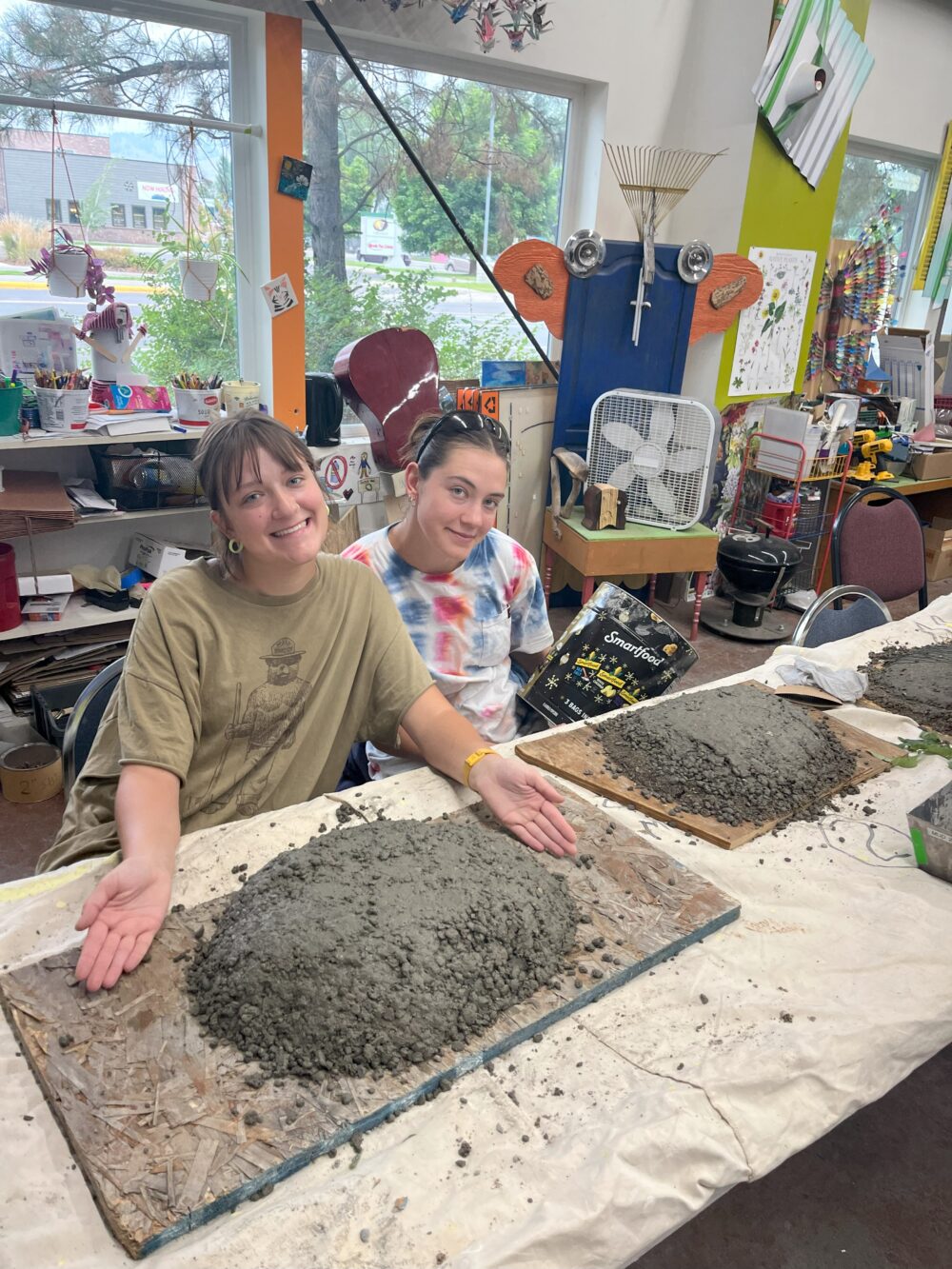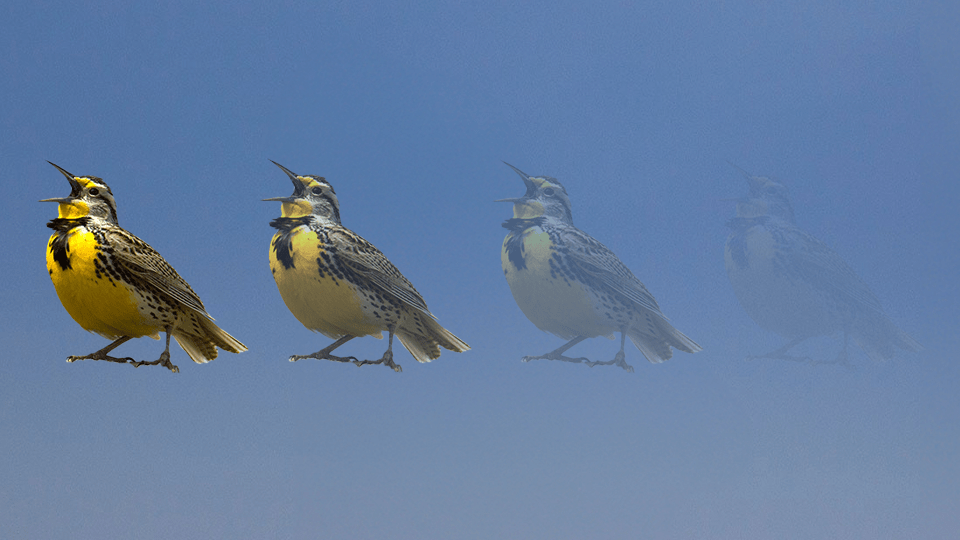We have much more to do and your continued support is needed now more than ever.
NOT Alvin and the Chipmunks: 10 Facts You May Not Know about the Real Rodents
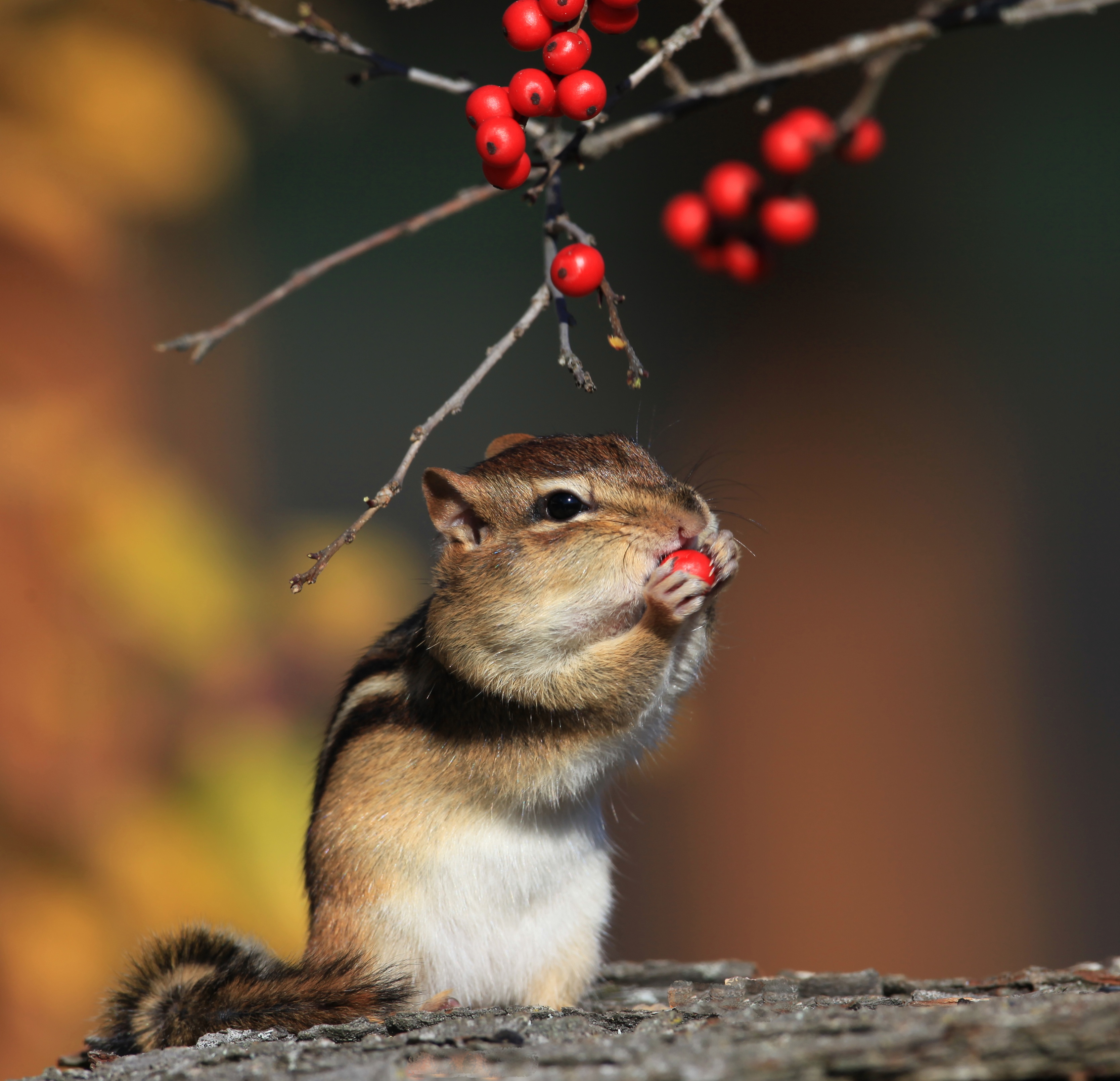
Christmas time, and our thoughts turn to—chipmunks. Yes, it is odd that a hibernating rodent would become associated with Christmas, but that is the miracle of radio and a hit song for Alvin and the Chipmunks back in 1958 (when they were known simply as The Chipmunks).
We’re not here to talk about those chipmunks, though. We’re here to take a look at 10 things you probably don’t know about chipmunks that neither sing nor star in films. Real chipmunks. Ten things.
- Chipmunks are basically tiny squirrels (1 to 5 ounces) that have adapted to burrowing. Other members of the squirrel family (Sciuridae) include woodchucks, prairie dogs, various ground squirrels and, of course, tree squirrels.
- North America is home to 21 chipmunk species, according to the Smithsonian Institution.
- Chipmunks produce one or two litters a year. Young are on their own within eight weeks.
- Chipmunks prefer forested areas and can climb trees, shrubs and…birdfeeders.
- They eat various types of seeds as well as fungus, helping to spread the mycorrhizal fungi that live around tree roots and are critical to tree survival. Chipmunks also spread the seeds of trees and other plants.
- Chipmunks aren’t particularly choosey about what they eat. Along with seeds and fungi they scarf grain, fruit, nuts, insects, worms, bird eggs and even nestling birds and baby mice. They probably don’t hunt for eggs and hatchlings, just eat them when they find them.
- They might not sing like Alvin and the boys, but wild chipmunks do vocalize. Kenneth Schmidt, a biologist at Texas Tech University who studies eastern chipmunks, recognizes three chipmunk calls, “the chip, the deeper chuck, and the startle call.” The last is an alarm that warns of impending danger. Chipmunks will even make calls in a chorus composed of several of the little rodents—shades of Alvin. Simon and Theodore. Hear how chipmunks sound.
-
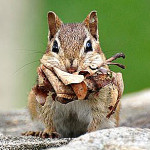
An eastern chipmunk in Masschusetts, photographed by Vladimir Mikhaylov, an NWF photo contest entrant, has packed its mouth with leaves for use in lining its nest. Ground-nesting veeries and ovenbirds, Schmidt recently discovered, avoid setting up house in areas where they hear chipmunk squeaks, thus reducing the risk that the squirrels will eat the birds’ eggs and young. Chipmunks also listen in on the alarm calls of other species, says Lisa Aschemeier, a biologist at Ohio’s Northwest State Community College. She has found that chipmunks respond to the high-pitched alarm whistles of their relative the woodchuck, sometimes seeking cover after a woodchuck warning. Woodchucks, she says, pay less attention to chipmunk alarms, presumably because, at up to 12 pounds, they are so much bigger and need not fear as many predators as chipmunks do.
- In autumn, chipmunks gather seeds and other foods for storage as a supply of winter food. Some species keep food in their burrows, which can be more than 10 feet in length.
- Alvin and the Chipmunks are now more than 50 years old. Wild chipmunks, on average, live two to three years; captive specimens have lasted eight.
Bonus Item: Chipmunk Hibernation
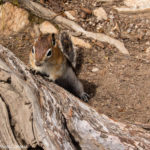
Chipmunks hibernate in winter, but they don’t sleep all the way through the season. They retreat to their burrows but wake every few days, raise their body temperatures to normal, feed on stored food rather than fat reserves, and urinate and defecate.
When chipmunks are in the deep sleep phase of hibernation, they may be very difficult to arouse. Their heart rate declines from about 350 beats per minute to perhaps 4. Body temperature may drop from 94 degrees F to whatever the temperature of the burrow is—as cold as 40 degrees F.
A new study has found that as winter temperature heats up because of global warming, chipmunks in warmer areas become less likely to hibernate in the coldest months. The research indicates that chipmunks that follow normal hibernation procedures enjoy a survival rate through winter of about 87 percent, while those that remain active because of warm winter weather are almost certain to die by spring. The scientist who made this discovery, Craig Frank of Fordham University, fears that this evidence could suggest dire
results for other hibernating species as climate warms.
Like what you read? Please consider making a donation to support our critical conservation work:











